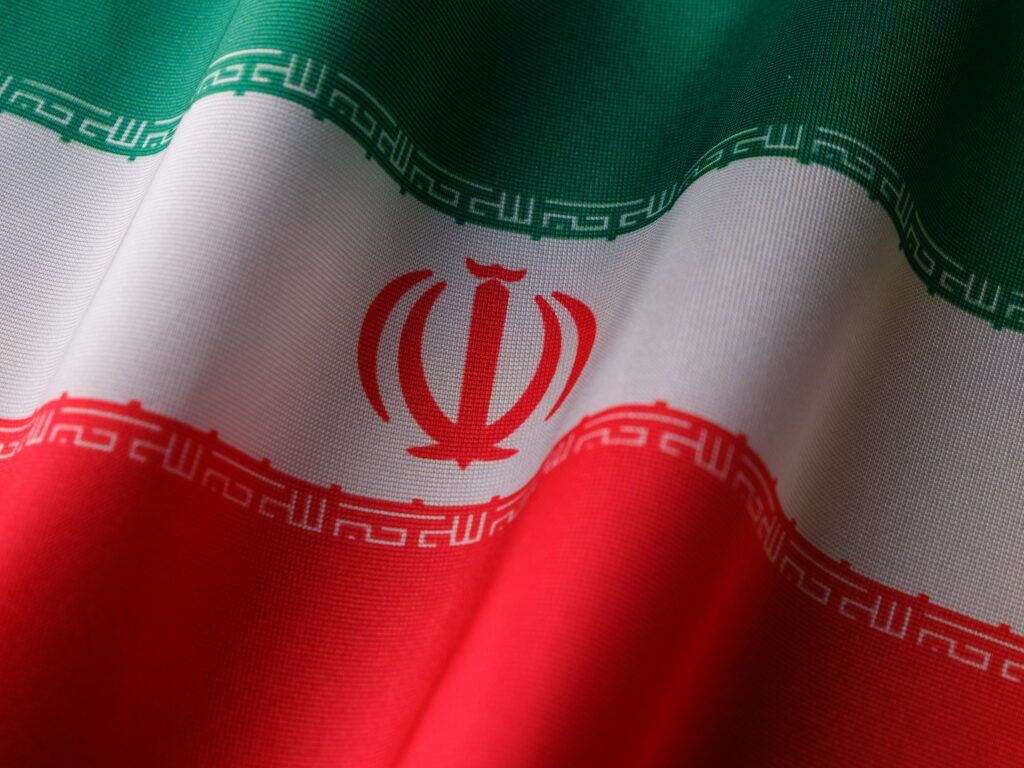Nuclear Talks with Iran will Need Real Statesmanship

By: Ghassan Rubeiz / Arab America Contributing Writer
On Saturday, Iran’s foreign minister, Abbas Araghchi, met in Rome with President Trump’s Middle East and Ukraine envoy, Steve Witkoff, for a second round of negotiations over Iran’s nuclear program. So far, the talks have gone smoothly; a third meeting scheduled for this week will start to address practical questions like permissible levels of nuclear enrichment by Iran, inspection and verification methods, and a timeline for lifting economic sanctions.
Trump and Witkoff believe that allowing Iran to moderate its politics is better than dragging the US into another quagmire like Iraq or Afghanistan. But many hardline decision makers in Israel and the US see this moment instead as a historic chance to dismantle a weakened and impoverished Iran. Israel’s Prime Minister Netanyahu hopes to persuade President Trump that talks with Iran are both futile and dangerous, arguing that a nuclear deal with Tehran would increase Iran’s influence in the Middle East. Netanyahu insists that Iran should not be engaging in atomic research, even under strict monitoring, and appears prepared to launch military strikes against Iran’s nuclear facilities in an attempt to force a change in Iran’s political direction.
For its part, Iran harbors significant doubts about President Trump’s ability to broker a fair agreement given his close ties to Israel. Despite committing to negotiations and selecting capable diplomats for the talks, Tehran remains skeptical about achieving a comprehensive regional agreement with Washington — one that would include constraints on Israel’s unrealistic and problematic territorial ambitions and demands for absolute- if not eternal- security. (It is also keenly aware that Israel maintains its own secretive, unmonitored, massive nuclear arsenal.)
To be fair, Iran’s rulers have only themselves to blame for Tehran’s aggressive, far-reaching and interventionist policies. Over the years, Supreme Leader Khamenei has tried to undermine Israel militarily by building and financing paramilitary networks across Lebanon, Syria, Iraq, Gaza, and Yemen. Iran’s strategy to effect regime change in Tel Aviv has backfired, transforming regional resistance movements into serious challenges for Tehran itself.
Meanwhile, Trump appears neither highly engaged with nor deeply informed about the Middle East. His extensive and disruptive, domestic and global agenda limits his attention span and raises questions about his commitment. True to form, he has largely delegated one of the Middle East’s thorniest conflicts to a single person: Steve Witkoff, a businessman. A Jewish real estate attorney from Long Island with extensive business connections in the Arab Gulf, Witkoff is doubtless a capable negotiator. But what is needed now is peace-making, not deal-making.
In the late 1970s, former President Carter advanced conflict resolution in the Middle East through his courage, direct involvement, and understanding of the region’s politics and culture. More than two decades later, former President Clinton nearly achieved a breakthrough in Middle East peace talks through his dedication, political risk-taking, and deep personal involvement with Palestinians and Israelis.
The fate of this week’s talks depends on whether Washington can restrain Israel’s hegemony and make peace with a chastened adversary. Iran deserves to have a secure and respected role in the region. Navigating the treacherous military and diplomatic cross-currents will require real statesmanship: heroism, charisma, superior diplomatic skill, and a thorough understanding of the region’s culture and history. Witkoff and his team will need these in abundance.
Ghassan Rubeiz is the former Middle East Secretary of the World Council of Churches. Earlier, he taught psychology and social work in his country of birth, Lebanon, and later in the United States, where he currently lives. He has contributed to political commentary for the past twenty years and delivered occasional public talks on peace, justice, and interfaith subjects. You can reach him at rubeizg@gmail.com
The views and opinions expressed in this article are those of the author and do not necessarily reflect the position of Arab America. The reproduction of this article is permissible with proper credit to Arab America and the author.
Want more articles like this? Sign up for our e-newsletter!
Check our blog here!








